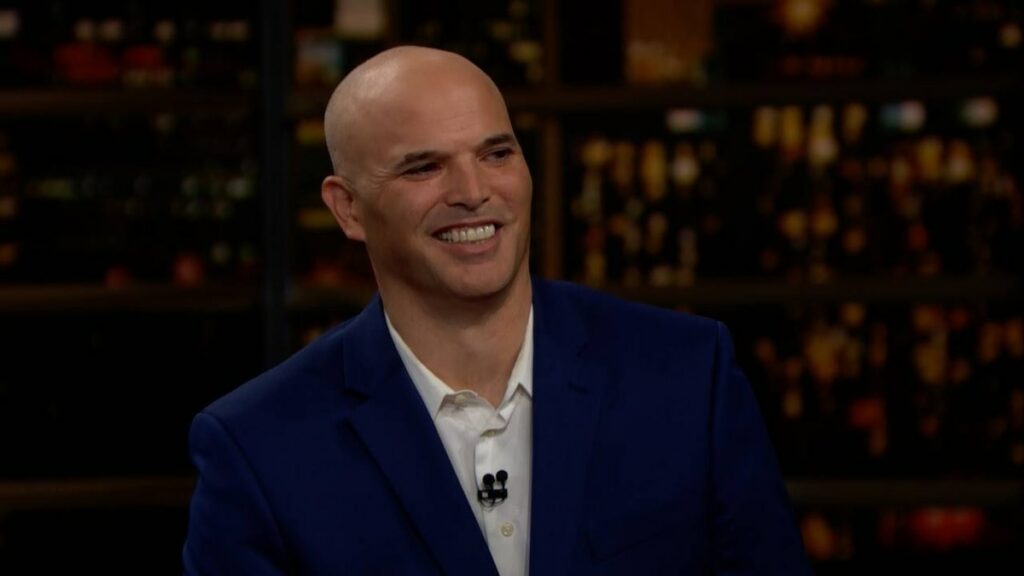Excerpts——
We know we’re in the emotional manipulation business. We know we’re training you to unmoor yourself from reality and adopt self-destructive habits.
The news is a consumer product.
The notion that you are reading the truth, and not consuming a product, is the first deception of commercial media.
All the commercial actors make more money if you read or watch more. Therefore the business is geared toward keeping you glued to the screen.
You don’t need to watch that much news.
You will never have the political power to do something about all the terrifying problems we wave at you.
… the tension between the sheer quantity of horrifying news and your real-world impotence to do much about it is part of our consumer strategy. We create the illusion that being informed is a kind of action in itself. So to wash that guilt out – to eliminate the shame and discomfort you feel over doing nothing as the world goes mad – you’ll keep tuning in.
We’re not informing you.We can’t, actually. Irony alert: the most important news story in the world is the inability of the ordinary news consumer to understand the news.
If we in the press were being honest with audiences, we would tell them: the world is now so complex, you cannot ever hope to be truly informed. We can tell you a few broad strokes, but that’s it.
Most journalists are failed humanities majors. Literature degrees are common among our kind (I have one). If we have expertise in anything, it’s telling stories…. About those stories: We sell identity.
Ellis understood that most of us, when we read the news, are really just telling ourselves a story about who we like to think we are, when we look in the mirror.
The main difference between Foxand MSNBC is their audiences are choosing different personal mythologies. Again: this is a consumer choice. It’s not the truth, but a truth product.
The coverage formula on both channels is to scare the crap out of audiences, then offer them micro-doses of safety and solidarity, which comes when they see people onscreen sharing their fears. There is a promise of reassurance that comes with both coverage formulas.
We’re selling safe spaces.
…if we’ve spent time building your identity as a person who despises and fears Donald Trump, and has ardent hopes he might soon be removed from office, we can’t upset that.
[Monica-gate] was pure manipulation: creating expectations in emotionally vulnerable audiences, holding out the possibility of imminent huge news, which guaranteed people would keep checking not just daily, but by the hour, the minute.
The new model was what author Deborah Tannen called “two side fighting.” In the Lewinsky affair, outlets began either being for or against the Clintons, and you knew what you were getting before you tuned in.
We’ve safe-spaced the news! If you’re a consumer of one media brand, the polls will tell you Trump is trending up: he’s five points ahead at the beginning of 2018. Pick another brand and you’ll learn only 38 percent of Americans plan to vote for him. You can tell yourself any story you want about the future.
Our situation isn’t about politics so much as money, however. Companies are nurturing emotional dependencies for cash. The key is always reporting negatively about the other audience, but never about your own. They’re bad = you’re good, and endlessly spinning in that cycle creates hardened, loyal, dependent followers.
…we’re addicting people to conflict, vitriol, and feelings of superiority. It works. Companies know: fear and mistrust are even harder habits to break than smoking.
***
Share a response to any of the above passages.
Has your news-viewing changed much over the years?
Tell us a story about your experience with the news media.
What questions do you consider from time to time about the news we receive?
What’s one strong disagreement you have with Taibbi?
What’s one strong agreement you have with Taibbi?
Which journalists have you esteemed over the years?
Questions for an independent journalist

Our friend Chris Wallach emailed her thoughts for tonight’s gathering–
We all want to feel connected and our news tastes create a group to which we can belong. Then that gets reinforced through misinformation.
Our brains are wired for fear and to be vigilant about danger. The news stokes that hard wiring.
So much of our culture is about making money – success to be determined by your socioeconomic standing. And entities are very willing to colonize our brains for a profit.
Chris also shared this WaPo article by Amanda Ripley, I stopped reading the news. Is the problem me — or the product?
https://www.washingtonpost.com/opinions/2022/07/08/how-to-fix-news-media/